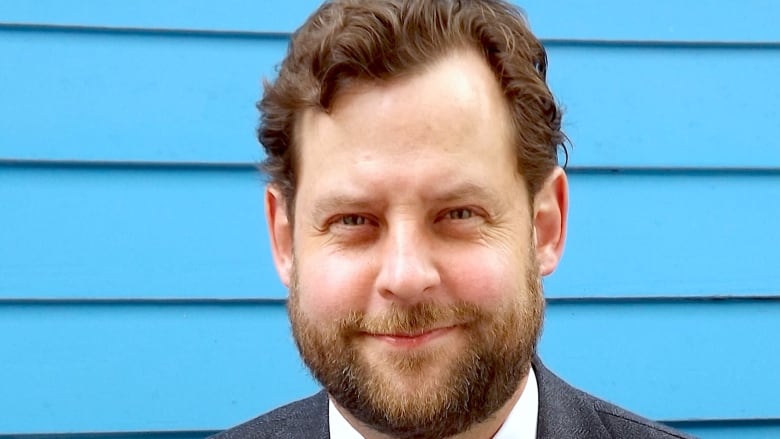New book The Patch seeks middle road in hot oilsands debate
Award-winning author Chris Turner examines the industrial zone through stories of workers

Calgary author Chris Turner says the debate around the oilsands needs to land somewhere closer to the middle, where he says most Canadians stand on the issue.
Turner launched his new book The Patch: The People, Pipelines and Politics of the Oil Sands, this week as part of Wordfest.
He spoke to host David Gray on the Calgary Eyeopener about examining the oilsands from the perspective of the people who work there.
Q: Why did you write this book?
A: Not the simplest answer either. You would think after all these years that we would have heard all there is to say about the oilsands.
But to be honest, the initial thought was, here is this enormous Canadian industrial project, increasingly controversial — not just in Calgary, but across the country and worldwide, people have very strong opinions about them.
But actually very few people know that much about what it is and where it came from. There's not been a story told for a general audience about, here's how we got to this point.
Q: This one is sometimes told through the eyes of people who work in the oilpatch. They're often forgotten. Why was that important to you?
A: I think as you say, this is the true face of that industry and the culture and community that it's come to serve.
One of the things I was hoping to do is, rather than come up with yet another argument for or against, to let the people who are engaged in oilsands development — people also who oppose oilsands development — tell their stories through their own eyes and through their own experiences, rather trying to fit them into some argument I was trying to make about what's happening there.
Q: You live in Calgary. You live in a home powered by natural gas. You type on a petro-chemical, polymer keyboard.You're fully complicit in our oil-fuelled world. Where's your place on the ideological battlefield?
A: My hope is that it's somewhere in what has not been a very large and robust middle on this, which is not to say there are two sides and they're equally wrong.
More to say, this is an essential Canadian conversation that's going to take many years to fully settle, about our energy future and what we intend to do about climate change.
If all we do is dig into two trenches and lob insults and accusations at one another, we're not going to get any place particularly good that way. And I think most of us actually — if we're honest about where we are [ideologically] — are actually somewhere in the middle... My hope is to just maybe begin to stake out a bit of common ground from which we can begin to figure out what we do next.
Q: What confuses the issue is the self interest of everyone involved. There's a perception that if you live in southern Ontario, car manufacturing is good and extracting the oilsands is bad. How have all these value judgements tainted the energy debate?
A: It became a volatile political debate but also very regionalized.
A good way to think about it is, how would that argument go if you went to southern Ontario and said, "Cars are bad. Stop making them. As soon as you can, just stop."
I think that would really reset the debate. Clearly, we need to be talking about this with a bit more nuance than we have to this point.
Q: If we can push the conversation forward, what should it be about politics and the oilsands?
A: The bottom line does have to be, the world is heading to a much more carbon constrained, low carbon economy — however you want to frame that.
We need to be producing much less greenhouse gas as quickly as we possibly can. That's going to mean reducing the amount of fossil fuels we use across the board, that's going to mean developing technologies to reduce the amount of fossil fuels created — in the case of the oilsands, producing the two, three million barrels we're already producing there.
Let's look at that big picture. Here's where we need to go. Here's what we're currently doing to contribute to the climate change problem. What are the best solutions? ... And if that's the conversation we're having, rather than, are you for it or against it? I think that's actually a much more constructive way to talk about it.
This interview has been edited for length and clarity.
With files from the Calgary Eyeopener.
- MORE CALGARY NEWS | Wildfire-ravaged Waterton to reopen to some residents, businesses
- MORE CALGARY NEWS | 131 Calgarians declare as candidates as election campaign kicks off